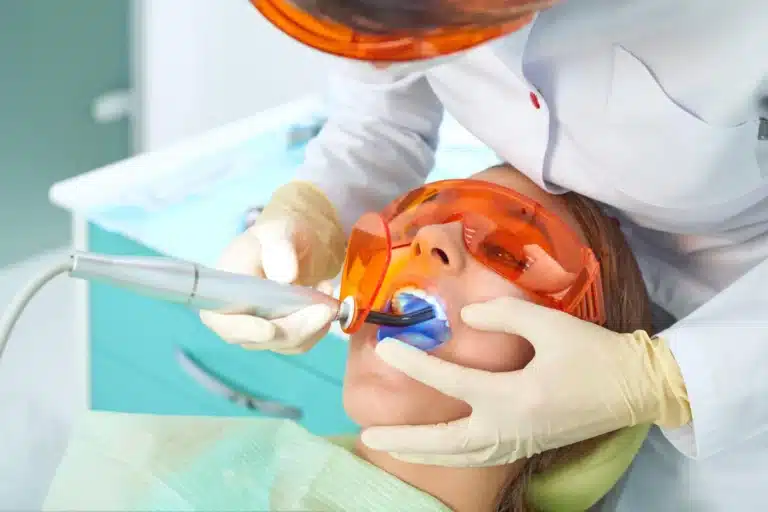What Are Prophylactic Antibiotics and Do I Need Them?
Sometimes dentists recommend a dose of antibiotic before dental treatment. Here’s why.
You may have a family member or friend mention that they take a dose of antibiotics before dental procedures. Have you ever wondered why?
Everyone has bacteria in their mouth. During certain dental procedures, there is a risk of bacteria from the mouth entering the bloodstream. For most healthy patients, this occurrence, called bacteremia, is no cause for concern as our bodies’ immune systems react quickly and kill the bacteria. For some patients though, the bacteria can travel to other parts of the body and cause potentially life-threatening infections like endocarditis, an infection of the inner lining of your heart chambers and valves.
Who Needs A Prophylactic Antibiotic?

Over the years, the criteria for a prophylactic antibiotic, or premedication, has changed. Most recently, the American Dental Association and the American Heart Association have determined that patients with compromised immune systems due to cancer, chemotherapy, diabetes, and rheumatoid arthritis could benefit from this preventative measure. Other patients with heart conditions such as artificial heart valves, heart transplants, unrepaired cyanotic congenital heart disease, and repaired heart defects, may need antibiotics before a dental appointment as well.
Often called premedication, a prophylactic antibiotic is recommended for patients having cleanings, root canals, extractions, deep scaling, root planning, and other procedures where there may be a risk of bacteria entering the bloodstream. Procedures like x-rays, denture placements or adjustments, anesthetic injections, and non-invasive orthodontic treatment don’t usually require prophylactic antibiotics.
When a patient is required to premedicate with antibiotics, the most common treatment is one dose of amoxicillin one hour before your appointment. For patients with allergies to the -cillin family, clindamycin is often used. If you happen to forget to premedicate, your dentist may have some available in the office, or they may need to reschedule your appointment.
Why Doesn’t Everyone Premedicate?

Most patients’ immune systems are healthy enough to fight any bacteria that may enter the bloodstream. Infections after dental procedures are rare. According to recent studies on bacteremia after dental procedures. The side effects of antibiotics usually outweigh the benefit of premedicating. Upset stomach, nausea, diarrhea, bacteria resistance, and the possibility of life-threatening allergic reactions are all reasons why prophylactic antibiotics aren’t used for every patient. However, if you are otherwise healthy and have a severe tooth or gum infection, your dentist may prescribe a round of antibiotics before treatment to help kill some of the bacteria that are present.
The guidelines for prophylactic antibiotics are always being reviewed and updated. Many years ago, patients with heart murmurs, a history of rheumatic fever, and joint replacements needed to premedicate, but this is no longer the case.
If you need a prophylactic antibiotic, make sure your prescription is filled before each visit. If you run out of medicine, let your dentist or hygienist know as soon as possible.
It’s important to remember that not every patient with a compromised immune system or heart condition needs prophylactic antibiotics. Your dentist and medical team can help you determine if premedication is necessary for you.






